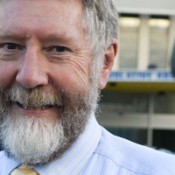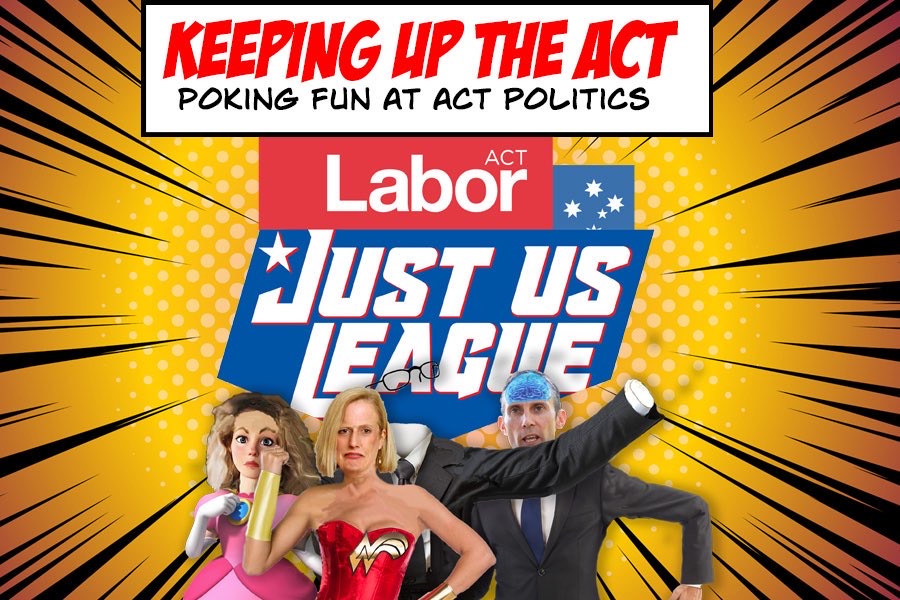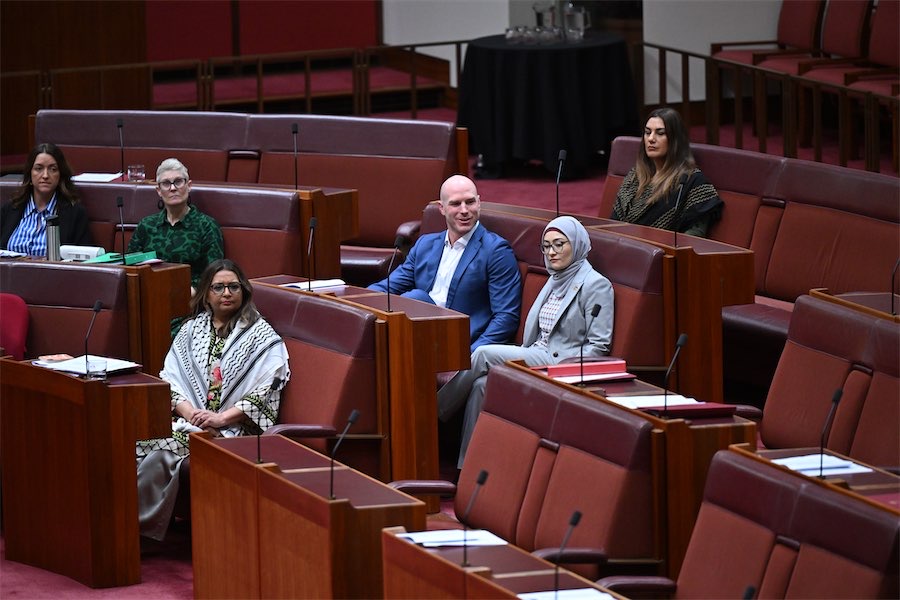
The vote for Chief Minister is conducted on the floor of the ACT Assembly – not in the ballot box. The reality is that one of the major parties could win more seats than the other and still not be able to claim government.
The leadership battles are appropriate in that other small election being contested between Barack Obama and Mitt Romney. The US one is a genuine presidential election. Ours is not! Our elections are parliamentary. They are based on the Westminster system of government that elects members to a parliament and then allows the parliament to choose its leader as the “first amongst equals”. It also allows the parliament to remove the leader by a simple majority vote.
It is appropriate for Gallagher and Seselja to provide leadership. However, two thirds of the people of Canberra are not in a position to provide them with a personal vote. To do so, a voter has to be in their electorate. At the last election, many people believed they were voting for Jon Stanhope as leader of the Labor Party. He decided to stand down and the parliament elected Gallagher as his replacement. The transition was done without much fuss.
Similarly, when Seselja became leader of the Opposition, it was a simple matter of a majority of the party voting in favour of him. The same majority can remove him. Indeed, if the Liberals do not win this election there is a high possibility of a challenge being launched on his leadership.
It is not surprising that Kevin Rudd and elements of the media were outraged when he was toppled as Prime Minister. They all believed their own rhetoric. “Kevin ’07” was the campaign. He believed it was all about him and it was much easier for the national media to focus on a couple of leaders than trying to explain our representative style of government.
Just as Kevin Rudd was the leader when the election victory was achieved, and so deserved considerable credit, Zed and Katy deserve credit for their role in the leadership of their parties. But it does not guarantee leadership of the government for either of them or even one or other of the major parties wins government.
The minor parties can certainly put a spoke in the wheel following the election. A plausible outcome for the imminent ACT election is for the Liberals to win seven seats, Chic Henry to win a seat for the Australian Motorist Party while Labor secures six seats and the Greens three. The most likely outcome for the vote of the Chief Minister would be in favour of Labor.
However, it is possible that there could be another spanner in the works. Although this is much more hypothetical, it does explain the system. As the vote is conducted on the floor of the Assembly it is also possible that the Greens could refuse to vote for Gallagher as Chief Minister. For example, if she had crossed them in the campaign, they could insist that they would only support a vote for the current Deputy Chief Minister, Andrew Barr.
The leaders play a role in illustrating to the people the approach that will be taken by their government if they win power. There is a further role, in that the parties largely commit to begin the government with the current leader as the preferred Chief Minister. This is an important aspect of the campaign. However, as voters go to the ballot box their choices are much broader and there is much more to consider.
Even those voting for the leaders will need to choose carefully where their preferences will go. In past elections, it has been common for the leaders to win more than a quota and have a proportion of their votes passed on to other candidates. It is just an over simplification to treat Australian elections as presidential and we should be able to do better.
Michael Moore is a former independent member of the ACT Legislative Assembly and minister for health.
Who can be trusted?
In a world of spin and confusion, there’s never been a more important time to support independent journalism in Canberra.
If you trust our work online and want to enforce the power of independent voices, I invite you to make a small contribution.
Every dollar of support is invested back into our journalism to help keep citynews.com.au strong and free.
Thank you,
Ian Meikle, editor









Leave a Reply